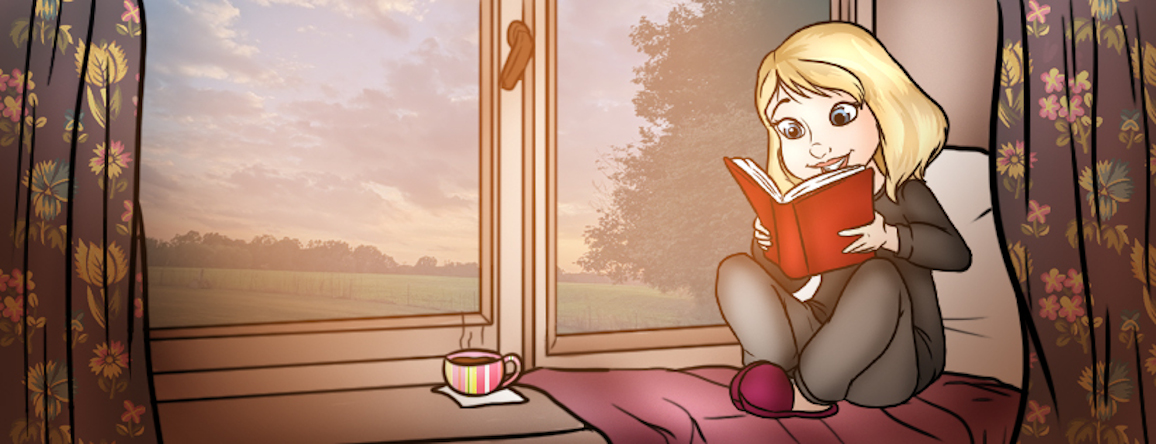
We all know that journaling has many benefits. It can help relieve stress and anxiety, provide clarity, strengthen memory, improve mood, and more! Research is finding that it can improve your physical health as well.
These are enough reasons to journal, but if you’re a writer, there is another important reason you should consider: journaling provides inspiration!
Your present and past journals possibly contain a wealth of story ideas, and it’s a great way to help create characters! If you’re a children’s writer, this is especially true if you read through your childhood journals. What experiences did you have in your youth that would work well in a story? What was your writing voice like as a child? Perhaps your character might “sound” the same. Scrapbooks are another potential source of inspiration.
I, personally, am getting ready to dig through my old journals in search of inspiration. I am both excited and a little nervous at what I might find. Perhaps I’ll let you how it goes.
Caution:
Reading through old journals can stir up past emotions that may be painful. But, what you wrote in those journals is part of your life experience and helped shape the person you’ve become. If it hadn’t been important to you—at least at the time—you wouldn’t have written it down. So, before visiting the past, it’s a good idea to mentally prepare yourself for what you might find in the pages of your life story.
Parents:
Encourage your children to spend a bit of time journaling each day. (Perhaps a new journal would make a great Christmas present.)
Question:
Do you journal? If so, what have you found to be most beneficial about the process?
If you found this post helpful, let me know in the comments!





